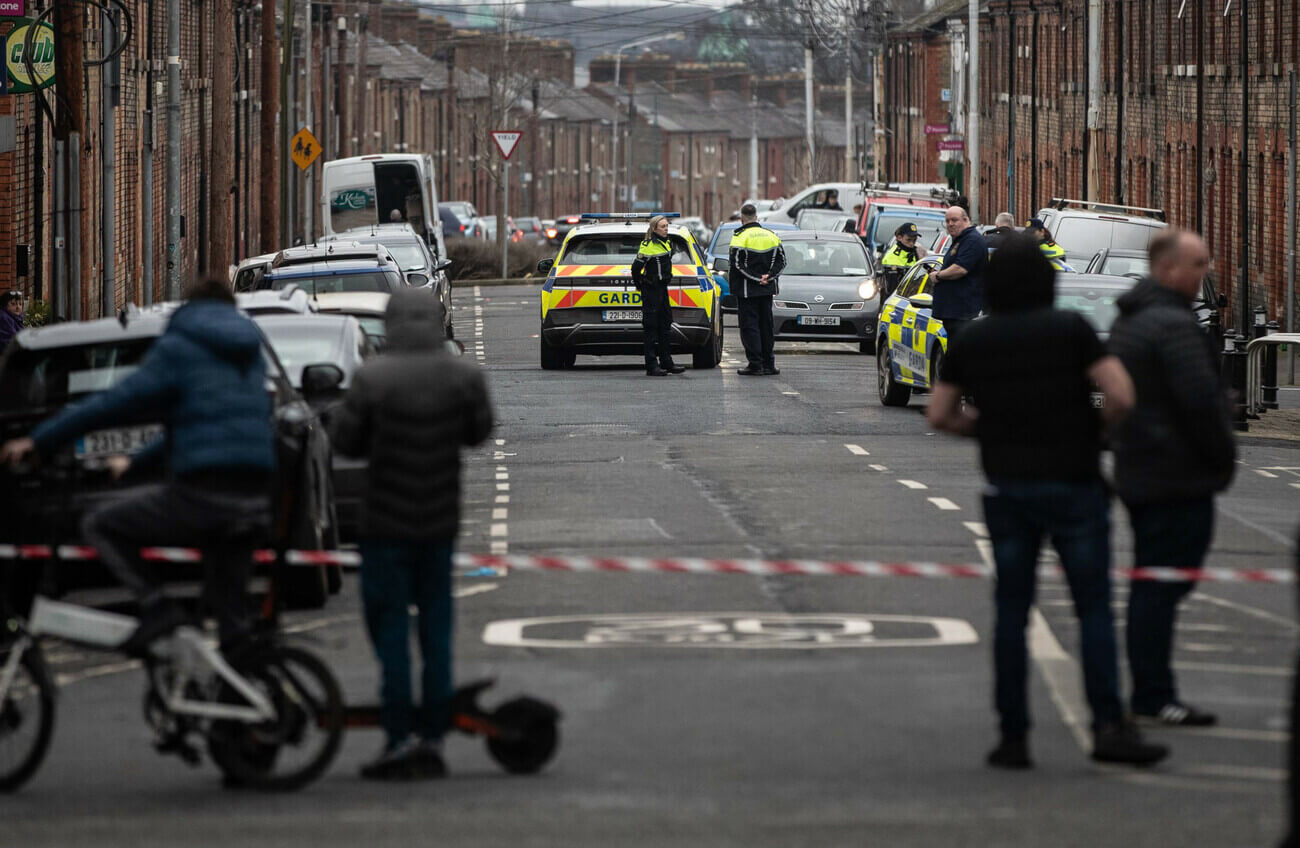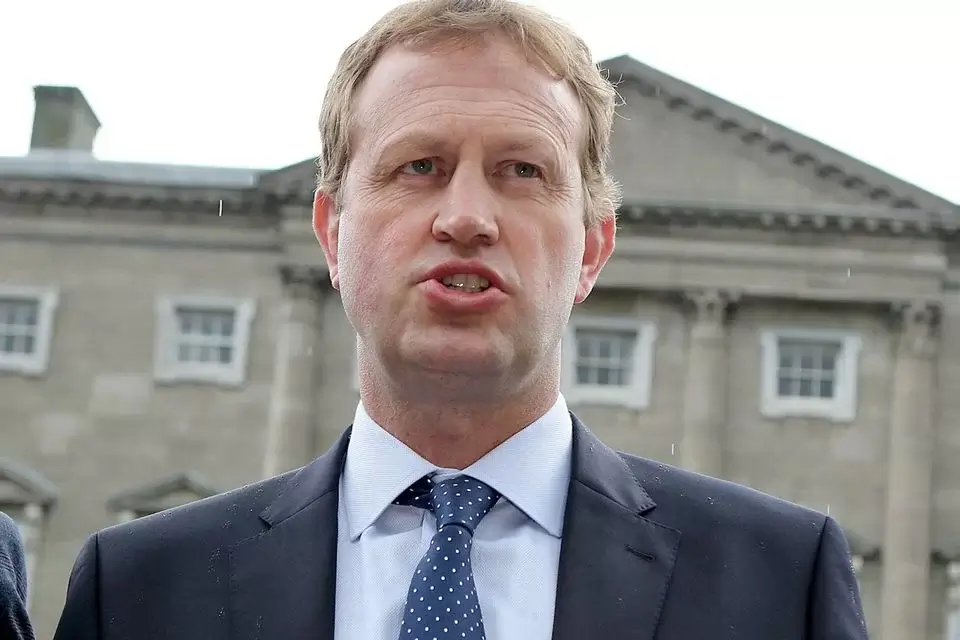That leave be granted to introduce a Bill entitled an Act to amend and extend the Maternity Protection Act 1994 and to provide for postponement of maternity leave where a mother has been diagnosed with cancer or other serious illness during pregnancy, and to provide for related matters.
The purpose of this Bill is to amend the maternity protection Acts so that a mother who has recently given birth to a child but who has been diagnosed during pregnancy or immediately after it with cancer or another serious illness may propose postpone her maternity leave until after she has had treatment for the cancer or the serious illness. Each year in Ireland approximately 60 women are diagnosed with cancer during pregnancy or immediately after the birth of their child. I do not have specific statistics on the number of women who are diagnosed with another serious illness during pregnancy or immediately after the birth of their child but I suspect it is as high. Approximately 120 to 150 women per year find themselves in the very distressful and unfortunate position that at a time just after they have given birth to a child and should be enjoying their maternity leave, instead they find themselves in the situation where they are effectively on sick leave and are getting treated for cancer or another serious illness.
The effect of that is the time they are supposed to be spending on maternity leave is being eaten up by treatment for their illness. In effect, the maternity leave to which they are entitled never really comes into operation because while they are out from work in the immediate aftermath of the birth of their child, they are being treated for a serious illness that in ordinary course is covered by sick leave.
This is an unfortunate, and clearly not an intended, circumstance that exists within our legislation. It is, however, something that could be rectified by the enactment of this legislation.
I wish the Taoiseach all the best in his future career and, in fairness to him, he played a significant role in introducing paternity leave in Ireland. It would be a worthwhile addition to his legacy if he expedited this legislation. The reason for that is that we find ourselves in the unusual position where men in Ireland are able to postpone their paternity leave to a time that suits them. Conversely, however, women have no similar entitlement to postpone their maternity leave in circumstances where they have been diagnosed with cancer or another serious illness. I am concerned that this dichotomy between the treatment of men and women may raise issues under Article 40.1 of the Constitution but, notwithstanding that, every Member will recognise that there is an inherent unfairness in not permitting women to postpone their maternity leave so that they can enjoy their time with their child after they have had their treatment for the serious illness. The effect of not doing so means that they do not really get the benefit of the maternity leave that every Member knows is so important.
The legislation seeks to amend the Maternity Protection Bill, which was enacted in 1994 and which was further amended in 2004. The proposed legislation seeks to introduce a new section 14(c) after 14(b). It provides that a woman who has been diagnosed with cancer or another serious illness during pregnancy or in the immediate aftermath of her pregnancy may then postpone that maternity leave to a time when she has recovered from the illness or the cancer.
It then proposes after that a certain regime, which takes into account the entitlement of the employer to be apprised of the fact that the woman is seeking to postpone the maternity leave. It also seeks to recognise the fact that this will not interfere with any entitlements an employee may have to sick leave under the Sick Leave Act 2022.
I ask that consideration be given to this Bill. As I have mentioned, the Taoiseach deserves to be commended on the role he played with regard to paternity laws that were introduced. We have a situation such as this, where the maternity laws are manifestly unfair to that very small cohort of women who find themselves in the unfortunate situation that their maternity leave has been overtaken by sick leave because of an illness they have contracted during pregnancy or afterwards. They are then precluded from the benefits of the Acts. It is something that everyone in the House will agree would be of benefit to women. It has the support of the Irish Cancer Society and I am sure it has the support of other organisations as well who have the priority of women at the foremost of their interest.
Dáil Éireann debate – Wednesday, 20 Mar 2024
An Bille um Chosaint Máithreachais (Leasú), 2024 Maternity Protection (Amendment) Bill 2024
Meabhrán Míniúcháin Explanatory Memorandum
An Bille um Chosaint Máithreachais (Leasú), 2024 Maternity Protection (Amendment) Bill 2024








